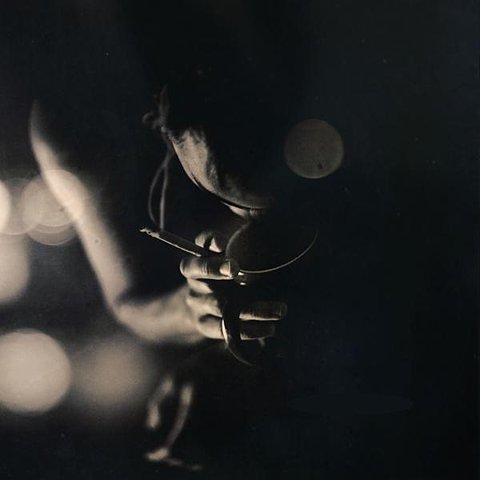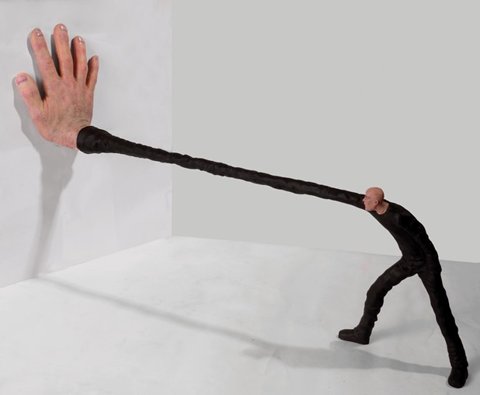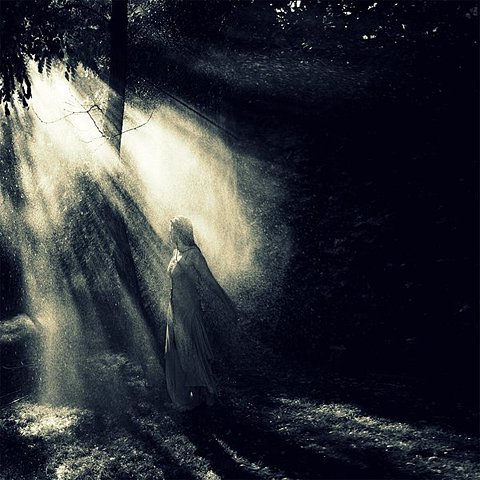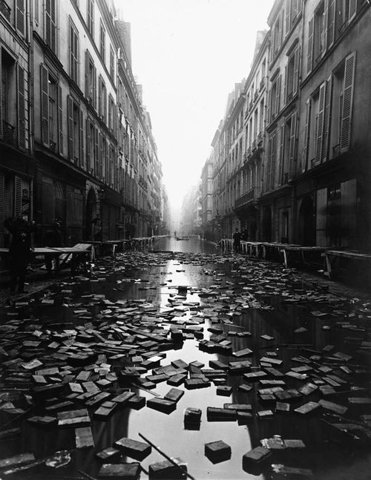I’ve never been here before. How I wish I could speak this sentence every moment of my life. But it’s never true. When I watch you step into this room, and take a seat, what I am watching is the art of composition. I feel I am watching all of the elements find their place inside the frame. And we all know our place too well it seems, there’s hardly a moment of hesitation before the script begins, the script of this room which started long before we ever came here. As if we were already here, or that we needed to be protected by our scripts, safeguarded against whatever might happen here.
I’ve never been here before except my body is already in relationship with other bodies. Where do I belong? Isn’t this one of the key questions when writing a script? Do I belong in the back of the room, or the front row? When I’m with my friends and comrades, the ones I’m going to share my secrets with, I can feel my body exhaling, I can feel it relax, and when I’m relaxed I can let some of the world in. Is that the place you like to write your scripts from? Easy and open? When the body opens there is a flow of inside and out. The word “flow” is a name that writers like to put to their work when it’s easy. The saying goes: the work is flowing, the words are flowing, I’m in a flow. This flow of words begins in the body, as a series of sensations, as the long wave, the movement of spinal fluid from the cranium to the sacrum. Our tides are flowing, and then the words follow.
When the work is finished and it is met by an audience, what I look for is the feeling of being alive. Is the painting alive? Is there liveliness in the lines of a novel? Is the movie alive and can it help keep me alive? It’s what Brit child psychologist Donald Winnicott called being real. The child feels real when they feel vitality, when there is flow, when they have a voice. The act of scripting begins in the body and returns to the body. It is a flow that runs between bodies.
It’s funny but most artists I know like to work to deadline. They need to feel pressure. Just try holding your breath for a moment. Can you feel what happens in your shoulders? They get tight. The neck locks, the chest constricts, the knees lock. There’s no flow. Is this the place you like to write from? Can you notice how open you are to receiving impressions from the world? Can you dig down into the universe of molecular sensations that is forever passing through the frame of the body? Not much happening there, right? Feeling stops when we’re under pressure. We’re guarded and protective, we can’t afford to feel right now, it’s not safe, we’re under pressure, backed up against the wall. Is that the place you like to make work from?
Maybe I never feel at home here, in this room, with these people. Why? Perhaps because I have a different script. I wasn’t born in this country. I wasn’t born in this gender, I wasn’t born in this economic bracket, this sexual preference. The imperial language of English is my second or third or fourth language so I keep my border guards always on the alert. My underclass status is a script that belongs to me, but often it’s written by someone else, and handed to me as an unwanted gift. So many people are busy handing me the script, sometimes it seems like I wrote it myself. White people walk around without having to carry the heavy script of their colour, they walk about as if they didn’t even have a colour. How did the Czech writer put it? The unbearable lightness of being. That’s a sweet script to inherit, and completely unearned. While black people in this city are busy being harassed by the police in a practice called carding, which means that the black skin is a script, and it allows strangers with guns to abuse you, and hurt you and insult you and sometimes kill you. That’s why the Black Lives Matter movement here in the city is urging people not to call the cops. They’re urging people to change the script, because when cops arrive and people of colour are involved, the script tilts away from all of our hope, meaning: you’re already guilty.
We all have scripts we carry into rooms like this one. And the scripts for our movies come out of these places. Can we bring into the frame of attention the scripts that are operating right now?
I’m never sitting down to write a script for the first time. I’m already in the script, it’s already underway. In other words: I’m starting in the middle. The starting line is in the middle.
And the scripts I bring to this moment, the scriptwriting process that is already well underway when I sit down to write a script, begins… in the body. The body is my first script. The body is made out of memory and relationships. When you have sex — do young people still perform that old fashioned activity? — what you are touching is a history of encounters. The body is a living archive, we store our memories here, and it produces the scripts that we are all busy living inside right now.
I feel like I have a voice in this room. This room, right here, right now. I feel like I will never have a voice in this room. The script is already active and we’re all playing our parts. What I’m trying to emphasize here is that our scripts might be understood as a process, instead of the ten commandments. But God wrote here that the actor has to walk to the window and sneeze. Maybe our scripts could begin asking helpful questions, questions that might help undo our certainties. Instead of using our scripts as shields (don’t hurt me!), we could embrace the script as a question by looking at the scripts we’re already committed to. Perhaps the act of writing a script produces a double movement: how to let it find roots in our body, and at the same time, the invitation is: to let go of something, to work at the end of the exhale, to surrender our patrol guards and sentries. Our defensive postures, which we can trace behind all of our certainties, our allegiances.
When I hear the word script I can’t help thinking of scripture. In the beginning was the word. Isn’t this the fantasy of every script? That experience could begin not in this moment, between us, here and now, but masterminded instead in some distant chamber, written in advance.
Scripture. Is following a script like following scripture? When the authors of the new testament wanted to write the life of Jesus they had a problem. They had never met the man. Hundreds of years had passed. They had no access to anyone who was there, all the witnesses were long dead. So they picked up their instruments and began to write with the old testament open in front of them. The new script they were producing was in conversation with the old script because they were concerned about making a line between the old words and the new words, and they were particularly concerned about the body. About how the new words lived in the body of their figure of speech/writing, this Jesus, whose body was so important the writers wanted us to think about it all the time, though thinking wasn’t enough, we had to eat it, we had to take it in, absorb it, until it became our body.
I think this writing of the gospels is a template, a model, for how all scripts are produced. We are always in conversation with something: with a body of work, with a troubling idea, a fascinating face, a painting… as an artist it’s important to know what’s important. What or who do you want to be in conversation with? The new script that you’re going to write will be an extension of scripts that already exist, translated through your own body, strained through the ligaments and intestines, the points of trauma, the long tide, the body’s openings and closings. Your script will also offer openings and closings as it reaches across an ocean of texts to touch those who it is in conversation with. When I write the phrase “in conversation with” what I mean is: what do you love? What do you need to pay attention to? Isn’t the act of movies the act of paying attention? The script is a notation of these attentions. It poses this question again and again: what do I care about the most? What conversation is the most necessary, the most urgent? What do I love?



